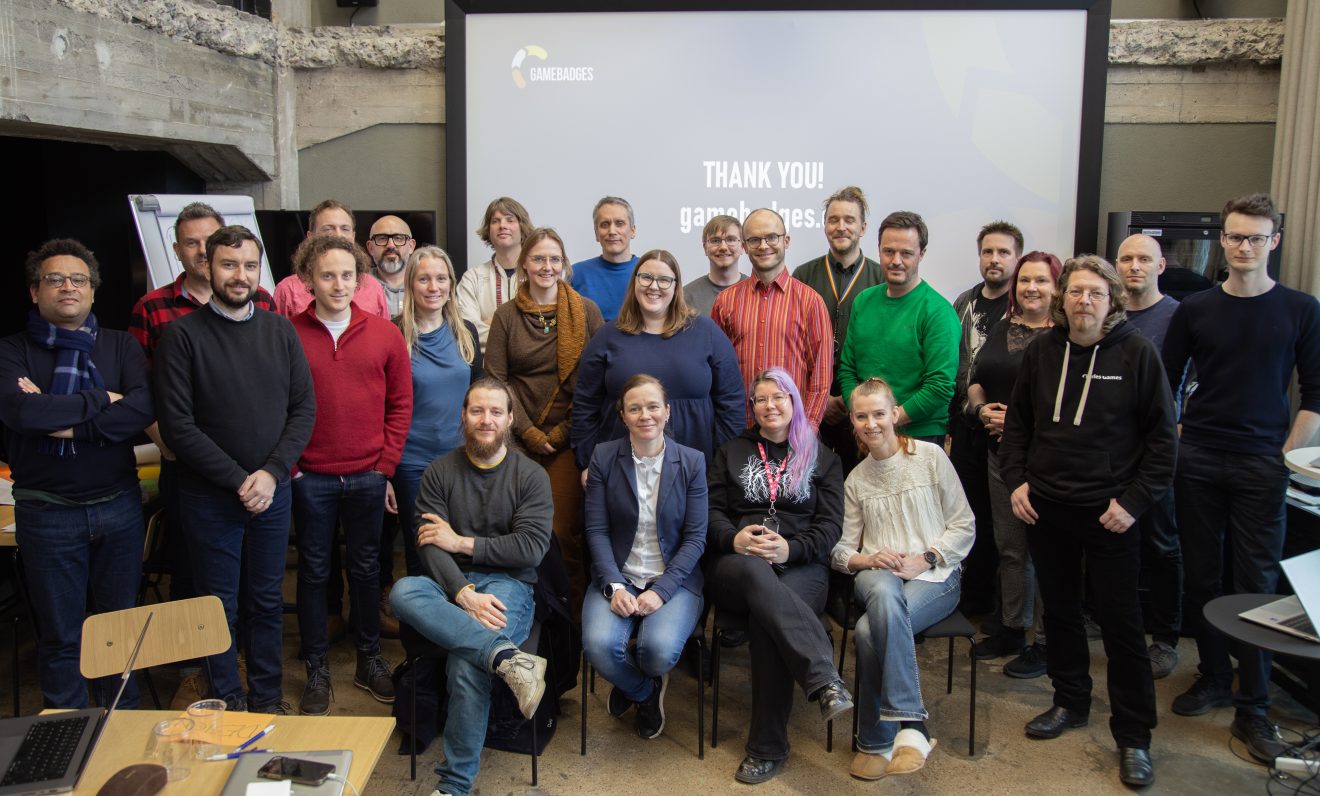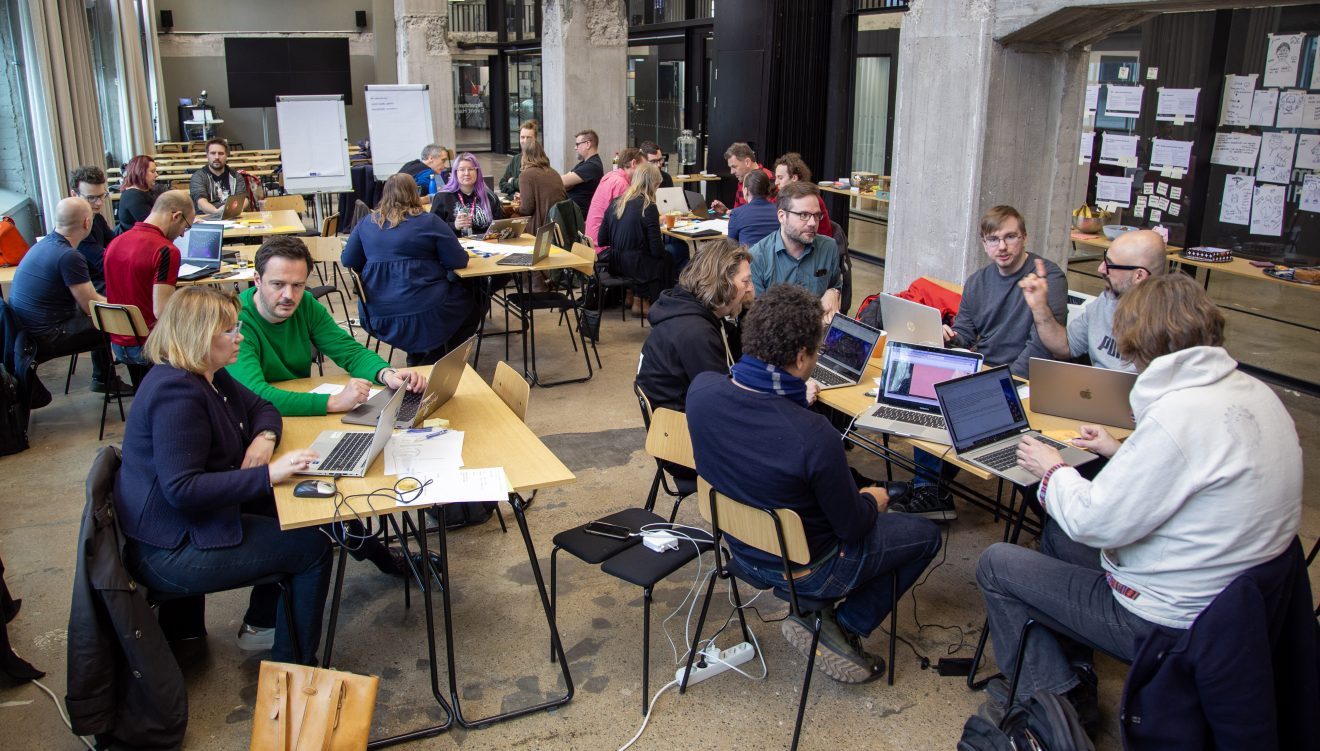In February 2024, the Gamebadges project launched its work pioneering a Europe-wide competence-based Open Badge ecosystem tailored for the game industry and game education. Coordinated by Metropolia University of Applied Sciences and executed by nine partners, the project seeks to systemize professions and skills within the game industry, addressing the lack of formal standards. Through collaboration with industry experts and educators, Gamebadges will create a transparent digital Open Badge ecosystem, including multiple game industry positions and skill sets, based on an up-to-date Competence Map.
Project Kickoff in Helsinki

The Gamebadges kickoff event was held in Helsinki from April 8th to 9th, 2024. On the first day, partners convened for a Steering Group meeting, dedicated to defining project objectives, establishing collaboration frameworks, and outlining key milestones and activities. The following day featured a workshop focusing on crafting the Game Industry Competence Map update needs, attended by participants from the consortium and other industry veterans and esteemed game educators.
“This event was an excellent opportunity to meet all partners face-to-face, reinforce common understanding and work together on project goals”
Saija Heinonen, the project manager of Gamebadges
In the Pipeline
After the project kickoff, the development work of the competence-based Open Badge ecosystem continues. In the future, these digital Open Badges can serve as micro-credentials, offering recognition and validation of game industry skills and competences throughout Europe. They can be collected in an Open Badge Passport and shared on platforms like LinkedIn. However, before reaching that stage, further updating and development work is required.
During 2024, the present version of the Competence Map will be dissected, evaluated, and updated with the assistance of partners and game industry experts. Additionally, similar workshops to the one conducted during the project kickoff will be organised at two different European game industry events in autumn. Additionally, the project is conducting a survey throughout April, followed by rounds of interviews during spring and summer, to delve deeper into the necessary changes in the map structure and badge ecosystem.
Current version of the Competence Map, created during the Chips For Game Skill -project, can be found online: https://kumu.io/gamebadges/gamebadges

Impact through collaboration
To ensure the impact of the project across the game industry and various educational levels, Gamebadges relies on collaboration with nine European partners: Metropolia, LUCA School of Arts, Wallonia Games Association, Charles University, Czech Game Developers Association, Dania Academy, Viden Djurs, Neogames Finland & Grafisch Lyceum Utrecht.
Gamebadges project consortium also includes over 20 Assosiated Partner companies and organizations. Associated partners have an important role in participating and contributing to project activities, such as competence map update and co-creation of the badge ecosystem.
Each partner plays a vital role in shaping the project’s success. The project is being financed through the Erasmus+ Alliances for Innovation, a highly competitive funding program designed to enhance Europe’s innovation capabilities. At the heart of this endeavor lies a strategic cooperation among higher education institutions, vocational education and training (VET) organisations, and companies. The Gamebadges project is scheduled to run until January 2027.

